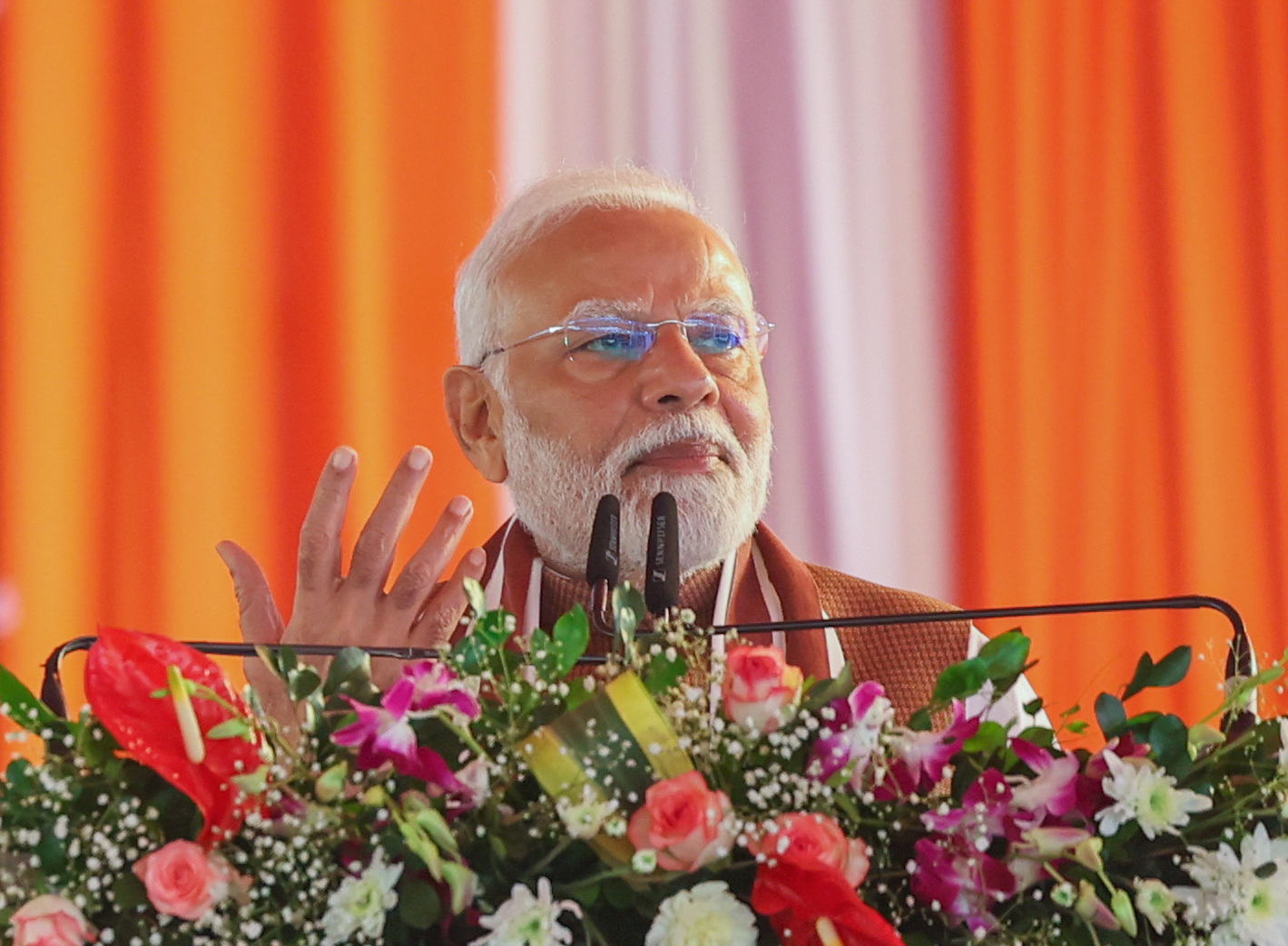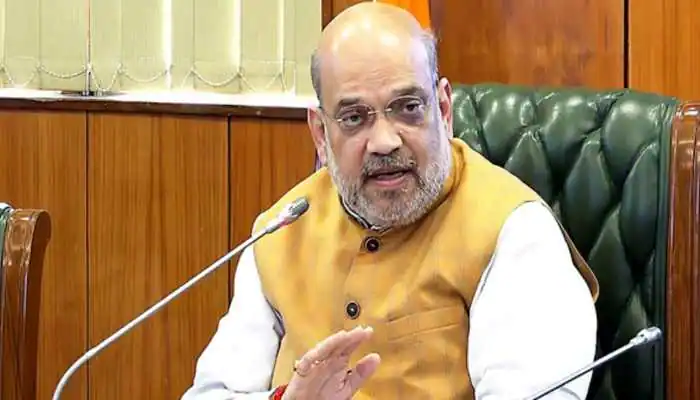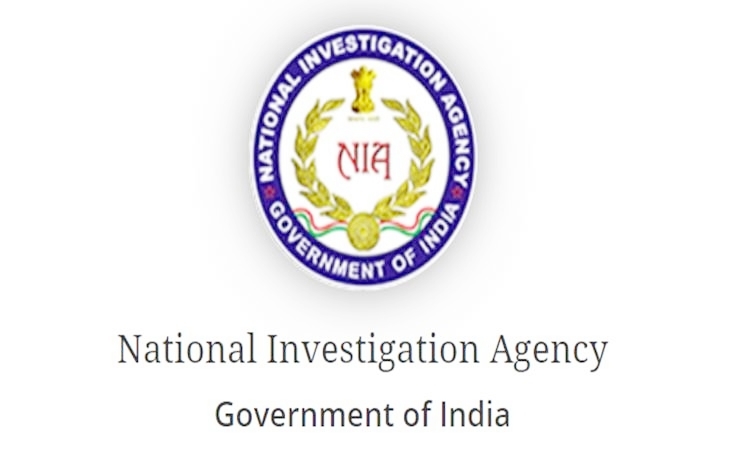Sovereign Gold Bond Scheme 2023-24: First tranche to open on June 19 & second on September 11
Sovereign Gold Bond Scheme 2023-24 is issued by the Reserve Bank of India on behalf of the Government of India. The SGBs will be restricted for sale to resident individuals, HUFs, Trusts, Universities and Charitable Institutions.
The Government of India in consultation with the Reserve Bank of India (RBI), has decided to issue Sovereign Gold Bonds (SGBs) in tranches for the year 2023-24. The first tranche will open on June 19. The date for subscription for series I is June 19-23, while for series II it is September 11-15.
The SGBs will be sold through Scheduled Commercial banks, Stock Holding Corporation of India Limited (SHCIL), Clearing Corporation of India Limited (CCIL), designated post offices and recognised stock exchanges like National Stock Exchange of India Limited and Bombay Stock Exchange Limited. Small Finance Banks, Payment Banks and Regional Rural Banks wouldn’t be able to sell it.
Sovereign Gold Bond Scheme 2023-24 is issued by the Reserve Bank of India on behalf of the Government of India. The SGBs will be restricted for sale to resident individuals, HUFs, Trusts, Universities and Charitable Institutions. And the SGBs will be denominated in multiples of gram(s) of gold with a basic unit of one gram.
The tenor of the SGB will be for a period of eight years with an option of premature redemption after 5th year to be exercised on the date on which interest is payable. Minimum permissible investment will be one gram of gold. And the maximum limit of subscription shall be 4 Kg for individuals, 4 Kg for HUF and 20 Kg for trusts and similar entities per fiscal year (April-March) notified by the government from time to time.
A self-declaration to this effect will be obtained from the investors at the time of making an application for subscription. The annual ceiling will include SGBs subscribed under different tranches, and those purchased from the secondary market, during the fiscal year. In case of joint holding, the investment limit of 4 Kg will be applied to the first applicant only.
The price of SGB will be fixed in Indian Rupees on the basis of a simple average of closing price of gold of 999 purity, published by the India Bullion and Jewellers Association Limited (IBJA) for the last three working days of the week preceding the subscription period. The issue price of the SGBs will be less by ₹50 per gram for the investors who subscribe online and pay through digital mode.
The payment for the SGBs will be through cash payment upto a maximum of ₹20,000 or demand draft or cheque or electronic banking. The SGBs will be issued as Government of India Stock under Government Securities Act, 2006. The investors will be issued a Certificate of Holding for the same. The SGBs will be eligible for conversion into demat form.
The redemption price will be in Indian rupees based on the simple average of closing price of gold of 999 purity of the previous three working days published by IBJA Ltd. And the investors will be compensated at a fixed rate of 2.50 per cent per annum payable semi-annually on the nominal value.
The SGBs can be used as collateral for loans. The loan-to-value (LTV) ratio will be as applicable to any ordinary gold loan, mandated by the Reserve Bank from time to time. Know-your-customer (KYC) norms will be the same as that for purchase of physical gold. KYC documents such as Voter ID, Aadhaar card/PAN or TAN /Passport will be required. Every application must be accompanied by the ‘PAN Number’ issued by the Income Tax Department to individuals and other entities.
The interest on SGBs shall be taxable as per the provision of Income Tax Act, 1961 (43 of 1961). The capital gains tax arising on redemption of SGB to an individual is exempted. The indexation benefits will be provided to long term capital gains arising to any person on transfer of the SGB.
The commission for distribution of the bond shall be paid at the rate of one per cent of the total subscription received by the receiving offices and receiving offices shall share at least 50 per cent of the commission so received with the agents or sub agents for the business procured through them.









